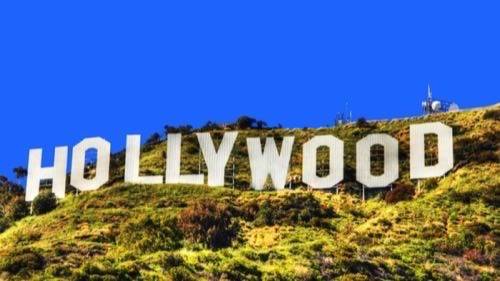
Much has been made of Google’s foray into original content with its $100 million investments in its bid to compete with television. But as Time Warner CEO Jeff Bewkes pointed out at this week’s Business Insider’s IGNITION conference, Google’s content investments are essentially chump change – nowhere near enough to challenge Big Media’s established players.
“To put it in perspective, we’re doing $5 billion a year,” said Bewkes in an interview with Business Insider’s Henry Blodget. To Google and its comparatively petty investment, Bewkes simply said “welcome [to the industry],” which elicited laughter from the audience.
Hollywood And Silicon Valley Are Still A Long Way Apart
The tech scene’s fascination of Google’s content investments is understandable; a San Francisco-based company with humble roots as a search engine now wants to be an entertainment powerhouse. The incredulous, almost shocked nature of the press covering Google’s funding also makes sense, given the tech press’ lack of experience in this arena. (Hence, Ad Age, Deadline Hollywood and Variety’s growing coverage of the YouTube industry.) But to Big Media veterans, the tech world’s investment amounts in media can seem paltry, and their ambitions naive.
This issue of Google’s funding being inadequate to play with the big boys is nothing new, and helps explain why top YouTubers are concentrated in Los Angeles where they have access to established media productions. At last year’s unofficial YouTuber’s conference VidCon, Kim Evey, Felicia Day’s producer, described the funding each of the premium content channels received as a pie with many “small slices,” made even smaller when you consider all the writers, actors, producers and the crew who need to be paid. Producing for the Web right now requires a “bootstrapped mentality,” said Evey in June.
Big Media Requires Big Dollars
Back in July, paidContent interviewed an LA-based YouTube-centric executive who didn’t want to reveal his name “for fear of alienating his powerful production partner.” In the interview, this executive explained Google’s current funding comes out to “$1,000 a minute” but “$1,000 a finished minute is not enough” and requires you to pull “favors every time you do a shoot. If you’re just pulling a location permit in L.A., it’s going to cost you $900.”
In order to produce the quality content Google wants – or at least quality the masses on YouTube want, the cost per minute needs to be “around $2,100,” the exec said.
To put things into even clearer perspective: Each episode of Showtime’s hit show Homeland costs $3 million to produce, roughly $50,000 a minute. Is Google really ready to compete with that?

















